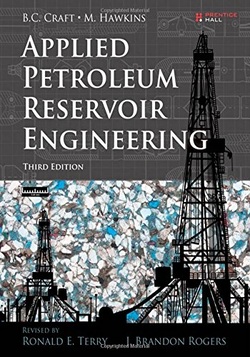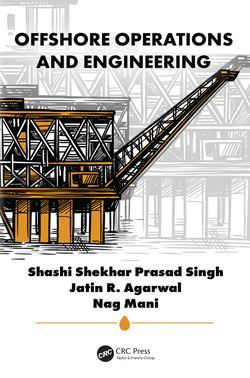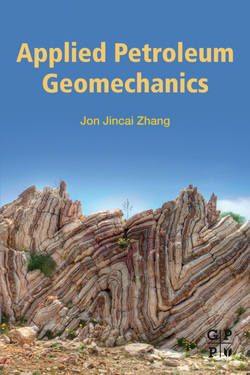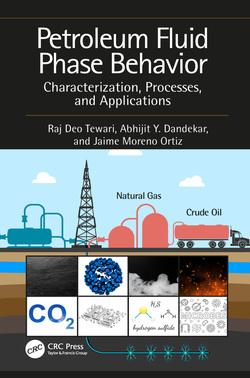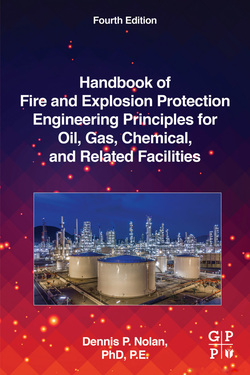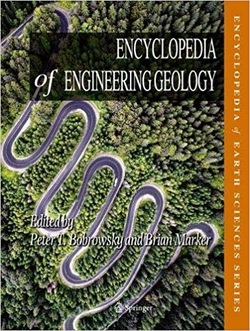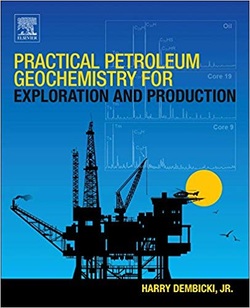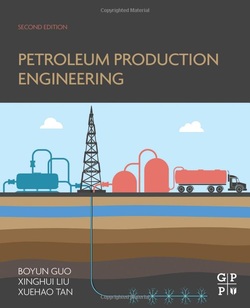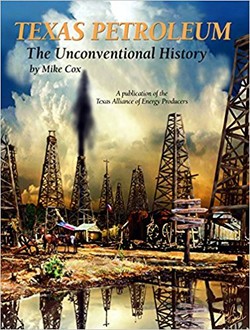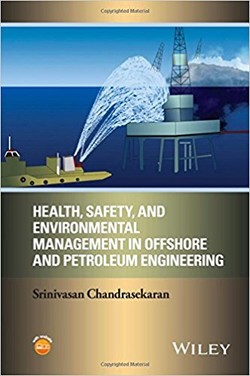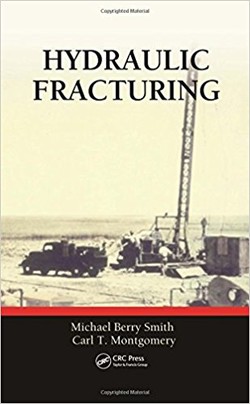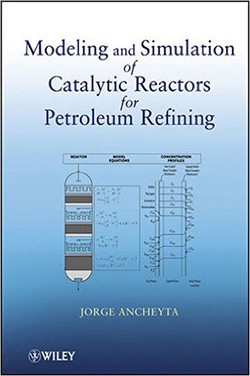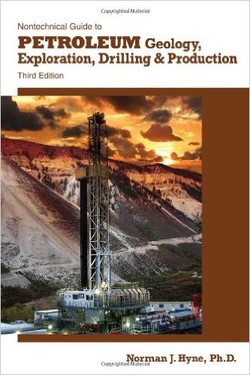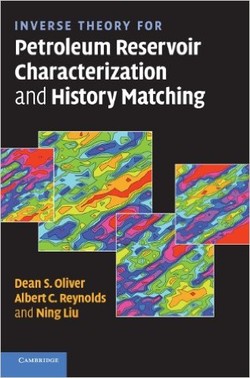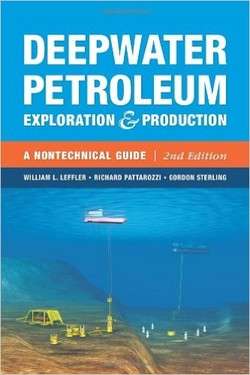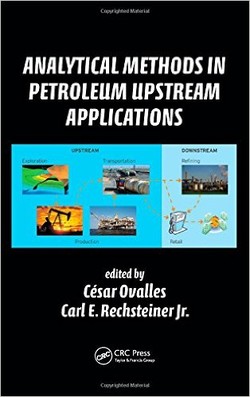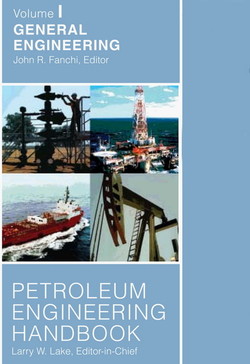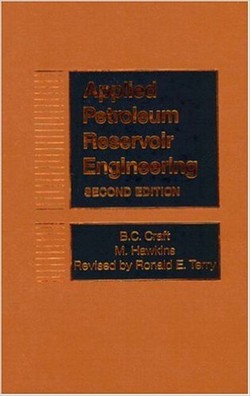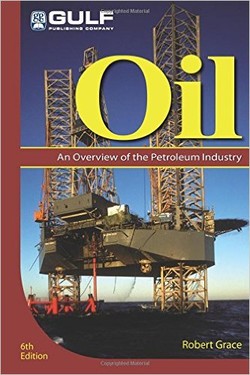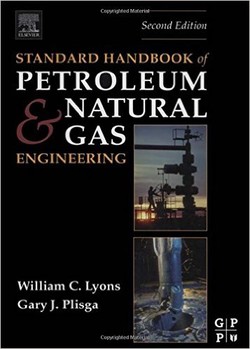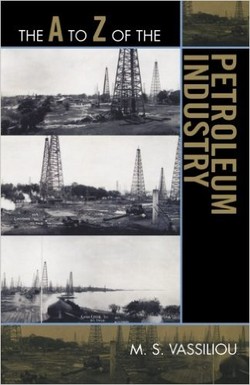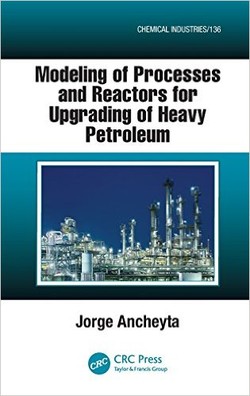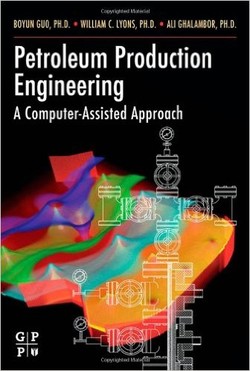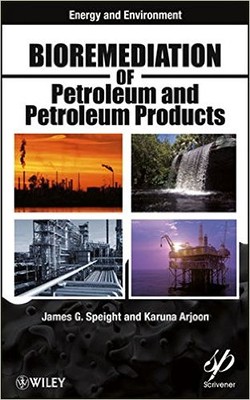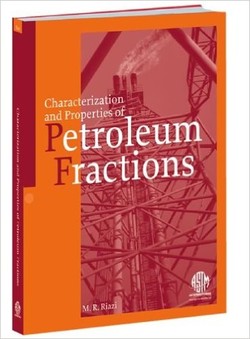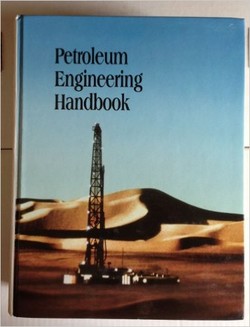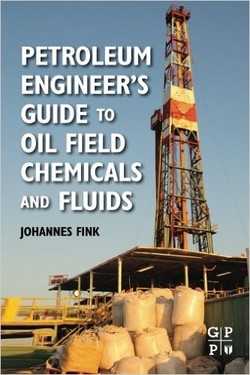مهندسی کاربردی مخزن نفت
قیمت 16,000 تومان
سال انتشار: 2014 | تعداد صفحات: 523 | حجم فایل: 11.69 مگابایت | زبان: انگلیسی
Applied Petroleum Reservoir Engineering, 3rd Edition
نویسنده:
Ronald E. Terry, J. Brandon Rogers
The Definitive Guide to Petroleum Reservoir Engineering–Now Fully Updated to Reflect New Technologies and Easier Calculation Methods
Craft and Hawkins’ classic introduction to petroleum reservoir engineering is now fully updated for new technologies and methods, preparing students and practitioners to succeed in the modern industry. In Applied Petroleum Reservoir Engineering, Third Edition, renowned expert Ronald E. Terry and project engineer J. Brandon Rogers review the history of reservoir engineering, define key terms, carefully introduce the material balance approach, and show how to apply it with many types of reservoirs.
Next, they introduce key principles of fluid flow, water influx, and advanced recovery (including hydrofracturing). Throughout, they present field examples demonstrating the use of material balance and history matching to predict reservoir performance. For the first time, this edition relies on Microsoft Excel with VBA to make calculations easier and more intuitive.
This edition features
Extensive updates to reflect modern practices and technologies, including gas condensate reservoirs, water flooding, and enhanced oil recovery
Clearer, more complete introductions to vocabulary and concepts– including a more extensive glossary
Several complete application examples, including single-phase gas, gas-condensate, undersaturated oil, and saturated oil reservoirs
Calculation examples using Microsoft Excel with VBA throughout
Many new example and practice problems using actual well data
A revamped history-matching case study project that integrates key topics and asks readers to predict future well production
